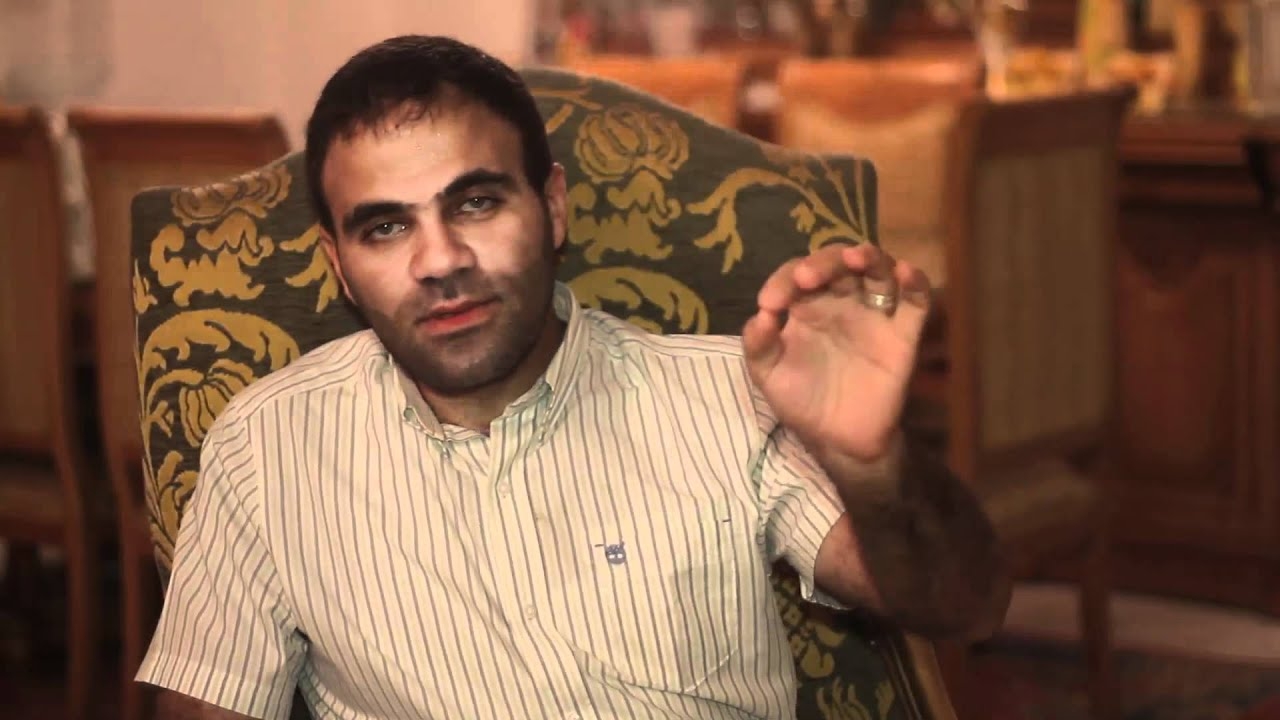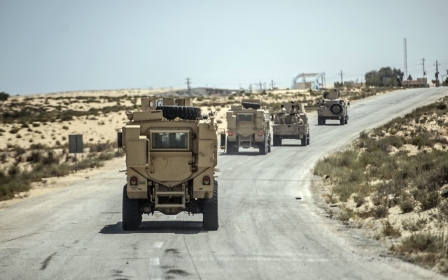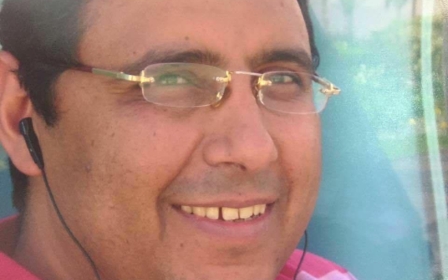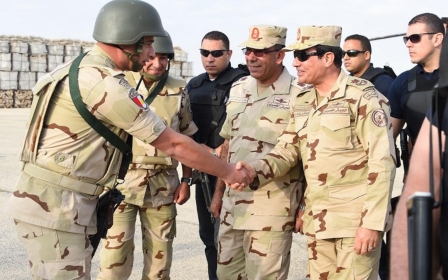Prominent Egyptian preacher Khaled Abu Shadi 'disappeared' in Cairo

Prominent Egyptian Islamic preacher Khaled Abu Shadi has "disappeared" after leaving a mosque in Cairo on Tuesday evening, his family said.
Abu Shadi, 45, is a pharmacist and preacher based in Cairo. He is married to the daughter of the deputy leader of the Muslim Brotherhood, Khairat El Shater.
The Brotherhood, Egypt’s largest opposition group, has been outlawed since the 2013 coup led by general-turned-president Abdel Fattah el-Sisi against his predecessor Mohamed Morsi - who hails from the Islamist movement.
Abu Shadi is popular among young members of the Brotherhood, but his preaching steered away from politics and was mainly focused on spirituality.
“They kidnapped him after the evening prayer on Monday,” Abu Shadi’s wife, Somaya Shater, said in a Facebook post on Wednesday.
New MEE newsletter: Jerusalem Dispatch
Sign up to get the latest insights and analysis on Israel-Palestine, alongside Turkey Unpacked and other MEE newsletters
“They kidnapped him from his car after he returned from an exhausting day at work.”
According to the Stop Enforced Disappearance campaign, Egypt has witnessed at least 1,709 cases of enforced disappearances in the period from July 2013 to February 2019.
The United Nations has documented 258 cases of disappearance in the 12 months prior to May 2018.
Since he became president in 2014, Sisi has led a crackdown on dissent that has seen the detention at least 60,000 political prisoners, according to Human Rights Watch, and the inauguration of 19 new prisons to accommodate the growing number of detainees.
Sisi, however, denies that Egypt has any political prisoners.
In an interview with CBS in January, he said the crackdown was aimed at fighting extremism, a claim that rights groups have disputed by citing the growing number of attacks facing the country since he became president.
Middle East Eye delivers independent and unrivalled coverage and analysis of the Middle East, North Africa and beyond. To learn more about republishing this content and the associated fees, please fill out this form. More about MEE can be found here.




